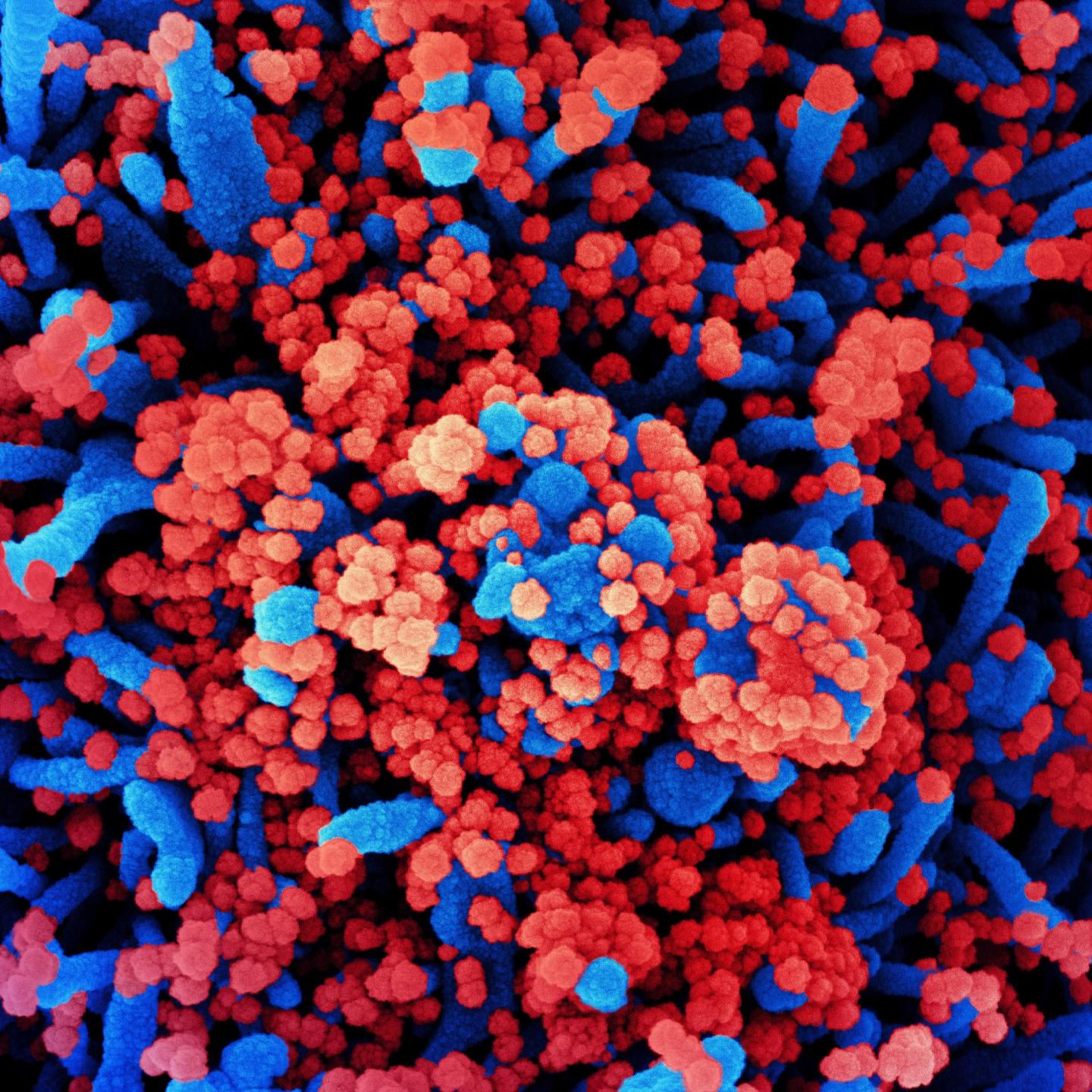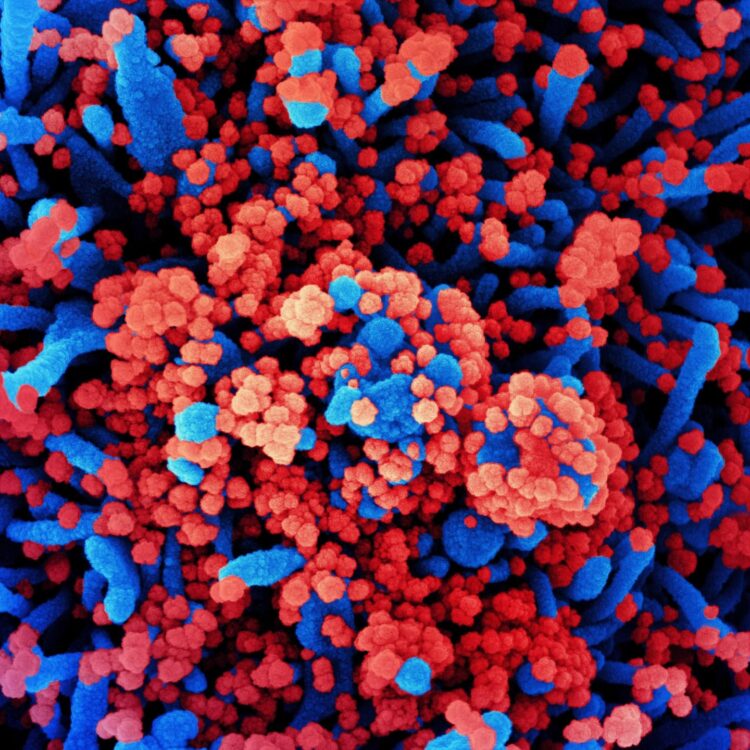
Credit: NIAID
An observational study has launched to evaluate the short- and long-term health outcomes of SARS-CoV-2 infection in children, including multisystem inflammatory syndrome in children (MIS-C), and to characterize the immunologic pathways associated with different disease presentations and outcomes. SARS-CoV-2 is the virus that causes COVID-19. The study, called the Pediatric Research Immune Network on SARS-CoV-2 and MIS-C (PRISM), will enroll at least 250 children and young adults ages 20 years or younger from diverse racial and ethnic backgrounds at approximately 20 sites nationwide. The National Institute of Allergy and Infectious Diseases (NIAID), part of the National Institutes of Health, is sponsoring and funding the study. The PRISM study is part of a research effort led by NIH’s National Heart, Lung, and Blood Institute and Eunice Kennedy Shriver National Institute of Child Health and Human Development to understand MIS-C.
Although SARS-CoV-2 infection usually causes either no illness or only mild illness in children, some children become seriously ill at the time of infection, while others who initially have no symptoms later develop MIS-C. MIS-C is a life-threatening condition marked by severe inflammation of one or more parts of the body, including the heart, lungs, kidneys, brain, skin, eyes and gastrointestinal organs. The syndrome typically begins several weeks after SARS-CoV-2 exposure and disproportionately affects Black and Hispanic children.
“It is critical that we learn how to prevent and treat this rare but very serious syndrome in children,” said NIAID Director Anthony S. Fauci, M.D. “Information gathered through the PRISM study may ultimately help clinicians diagnose and treat MIS-C as well as predict which children are susceptible to the disease.”
The PRISM study aims to fill gaps in understanding of the clinical spectrum of COVID-19 in children and young adults, the long-term outcomes of SARS-CoV-2 infection in these populations, and the underlying immunologic basis of MIS-C. It is led by clinical protocol chair Steven A. Webber, M.B.Ch.B., M.R.C.P., chair of the department of pediatrics in Monroe Carell Jr. Children’s Hospital at Vanderbilt in Nashville, Tennessee.
The PRISM study team is enrolling children and young adult volunteers with detectable SARS-CoV-2 in respiratory samples, with symptoms of MIS-C, or both. Participants will be followed for at least one year.
The study has two main goals. The first is to determine the proportion of children who die, are re-hospitalized after an initial hospital admission, or have major health complications due to SARS-CoV-2 at six and 12 months after initial presentation with COVID-19, MIS-C, or both. The second is to determine the immunologic mechanisms and characteristics associated with different forms of MIS-C and COVID-19 in children. Results are expected in mid-2022.
###
More information about the PRISM study is available at ClinicalTrials.gov under study identifier NCT04588363.
NIAID conducts and supports research–at NIH, throughout the United States, and worldwide–to study the causes of infectious and immune-mediated diseases, and to develop better means of preventing, diagnosing and treating these illnesses. News releases, fact sheets and other NIAID-related materials are available on the NIAID website.
About the National Institutes of Health (NIH): NIH, the nation’s medical research agency, includes 27 Institutes and Centers and is a component of the U.S. Department of Health and Human Services. NIH is the primary federal agency conducting and supporting basic, clinical, and translational medical research, and is investigating the causes, treatments, and cures for both common and rare diseases. For more information about NIH and its programs, visit http://www.
NIH…Turning Discovery Into Health®
Media Contact
Laura Leifman
[email protected]





